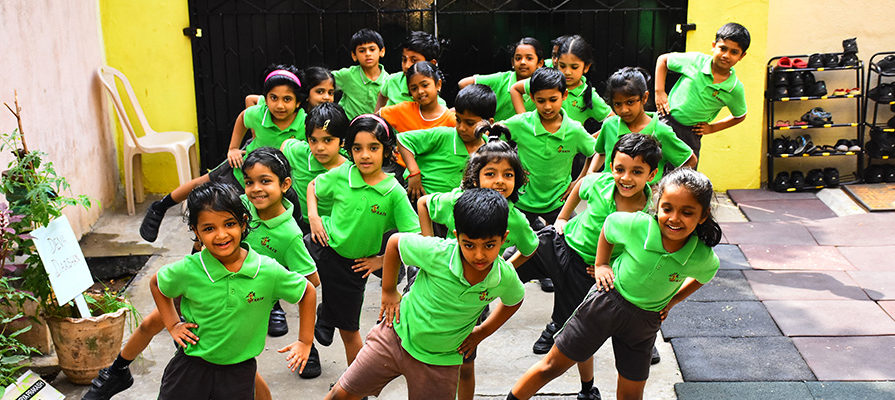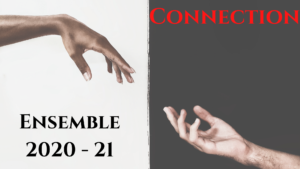A parent’s response to the last post on this blog, focused on his contentment at how eager and happy his child was to be at school. This according to him is the best aspect of AAIS. Education is not just about ‘covering’ content. It is not even only about the skills a child learns. It is both these together with learning attitudes and building values.This third and final part of our series on international education focuses on how learning involves acquiring and building dispositions that support and enhance the learning of concepts and skills. This focus underlines the international nature of such education. In fact, taking it a step further, the focus on building character traits and values gives a ‘universal’ dimension to education. Students gain traits that emphasize their humanity and help them recognize that humanity in others.
The International Baccalaureate’s Learner Profile* includes a list of traits that the IB programmes nurture among students. Inquirer, Knowledgeable, Open-minded, Risk-taker, Balanced, Principled,Caring, Communicator, Thinker and Reflective are the listed traits. At AAIS these are prominent not only on posters but as a part of teaching and learning in the classrooms. In addition, teachers include attributes such as creativity, integrity, grit and many more depending on the age, grade level and discipline.
Recalling that learning does not only happen in classrooms, students encounter many opportunities to build the traits in their community service projects, through their research work, in sports and physical activities. As an example students at high school have begun a Waste Management project involving clearing garbage in the school’s neighbourhood, building participation among the neighbourhood community, growing herbs and vegetables in empty plots and creating awareness in their own neighbourhoods about the importance of waste management. For this, students must learn to cooperate in teams, to build a relationship with their community, to take the initiative in planning events, to raise funds, to create posters and other creatives, to organise their schoolmates in activities, to track their progress, to reflect and modify plans, among other tasks. Such tasks strengthen traits of caring, inquiring, being creative, patient, balanced, knowledgeable, taking calculated risks, reflecting and becoming open-minded.
With such experiential learning our students gain confidence in their ability to handle real-life situations using their content knowledge and skills (research, communications, time management critical and creative thinking and collaboration) even as they build attitudes that will support their learning of new concepts in conditions not encountered before. Through building positive attitudes and traits, students learn how to learn and become lifelong learners wherever they go.
Do you think this is international, global or universal education?
Over to you for questions and / or comments.
Source: *www.ibo.org




